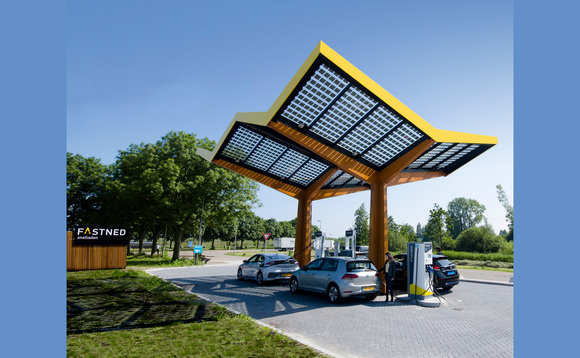
While the number of public EV chargers increased by 7,600 - 37 per cent - last year, the share of chargers capable of powering battery cars in around an hour or less actually fell by one per cent year-on-year, the group warned.
Many standard charging points, such as those installed at home, can take several hours to provide an EV with a full charge of its battery, and are therefore often used to power up cars overnight when not in use. However, with many EV drivers needing to power up their cars while out on the go, such as on long motorway journeys, ultra-fast charge points capable of delivering much-needed juice to batteries in far quicker time are seen as crucial to encouraging wider adoption of EVs.
However, at the start of February, faster chargers comprised just 18 per cent of the overall UK market, while only 1,276 new rapid and ultra-rapid chargers were installed in 2021, according to RAC.
Sarah Winward-Kotecha, RAC's director of electric vehicles, warned that the slow rollout of rapid chargers could pose significant challenges to drivers who would be exclusively dependent on the public charging network.
"This creates a real problem for motorists who rely on the public network because they can't charge at home," she said. "And while slow chargers are fine for somebody who leaves their car at an office while they're at work, they're a lot less helpful in other places like supermarkets where a driver's vehicle will be parked for a shorter period. What we don't want to see are queues for charge points becoming a common sight as the electric revolution gathers pace."
Winward-Kotecha hailed the significant growth of the EV charge point market in 2021, noting that more charge points had been installed between October and December than any prior three-month period. But she said taking steps to grow the public charge point network was only "one part of the jigsaw", arguing that boosting the speed of chargers was "also extremely important".
"The greater the number of truly rapid chargers, the easier charging becomes on longer trips and the more often charging spaces can be turned over and used by other drivers," she said. "From a convenience perspective, having the fastest possible public chargers available to drivers really is a win-win charging experience - providing they are priced fairly."
In order to prevent drivers without home charging opportunities shouldering disproportionate costs, the RAC has called for VAT on public charging to be cut from 20 per cent today to just five per cent, which would mirror the rate currently levied on domestic electricity bills.
The RAC-backed FairCharge Campaign argues that the existing tax policy is "illogical", because it will lead to EV drivers without home charging paying up to four times more for electricity for their car than those who can charge at home. The disparity could ultimately hinder EV take up, it warns.
The RAC's is the latest in a string of calls for reform of the EV charging market. This week consumer organisation Which? and industry body SMMT both published separate roadmaps for how government and industry could ensure the roll out of the UK's charging infrastructure does not marginalise drivers without access to charging at home, with the later even calling on the government to set up a new watchdog to oversee the EV charging rollout.